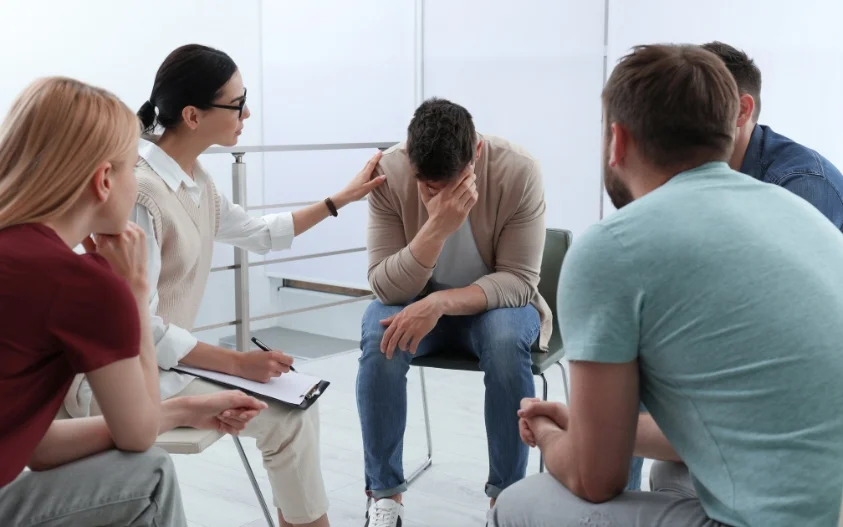24/7 Helpline:
(866) 899-221924/7 Helpline:
(866) 899-2219
Learn more about PTSD Rehab centers in Southard

Other Insurance Options

United Health Care

Horizon Healthcare Service

PHCS Network

Absolute Total Care

ComPsych
Beacon

CareFirst

Kaiser Permanente

BlueCross

WellCare Health Plans

AllWell

Holman Group

Ceridian

Medical Mutual of Ohio

MHNNet Behavioral Health

Sliding scale payment assistance

Sutter

Premera

Evernorth

BHS | Behavioral Health Systems









Red Rock Behavioral Health Services
Red Rock Behavioral Health Services is a private rehab located in Watonga, Oklahoma. Red Rock Behavi...
















































YouthCare of Oklahoma
YouthCare of Oklahoma is an outpatient clinic that provides mental health and substance use treatmen...


















